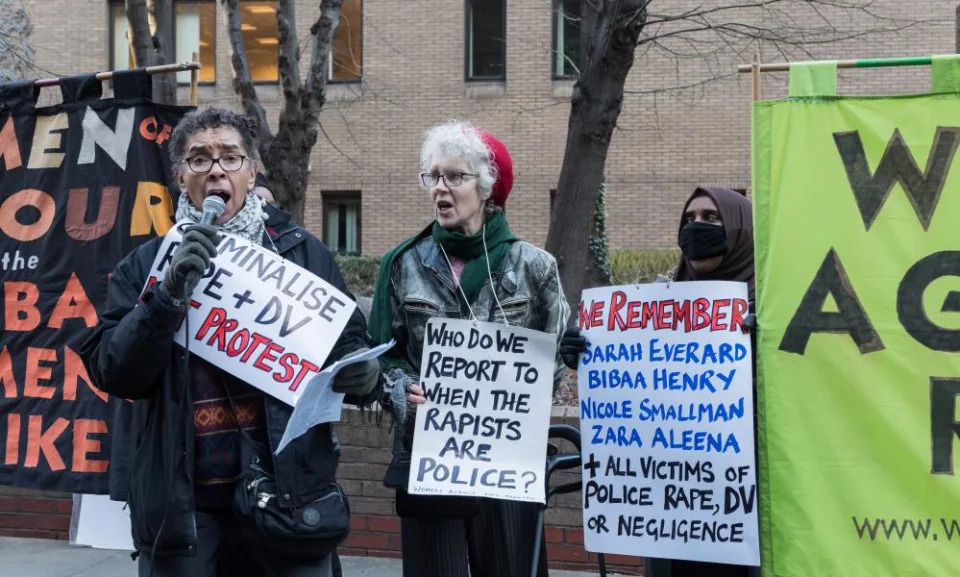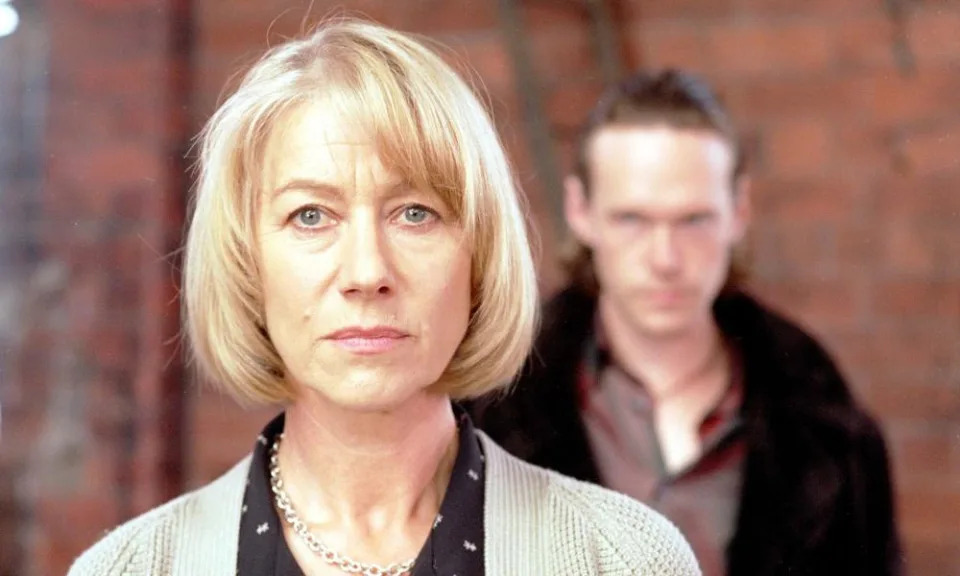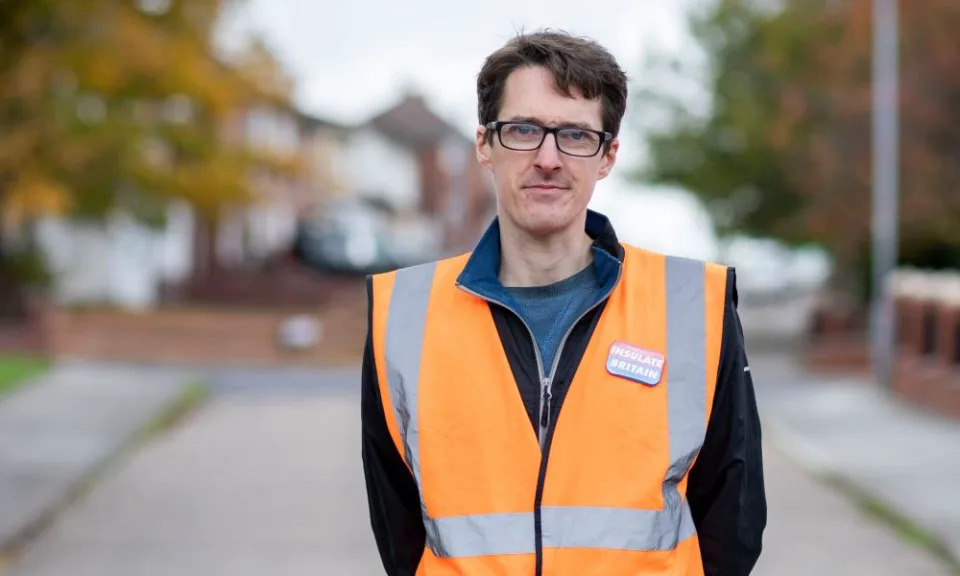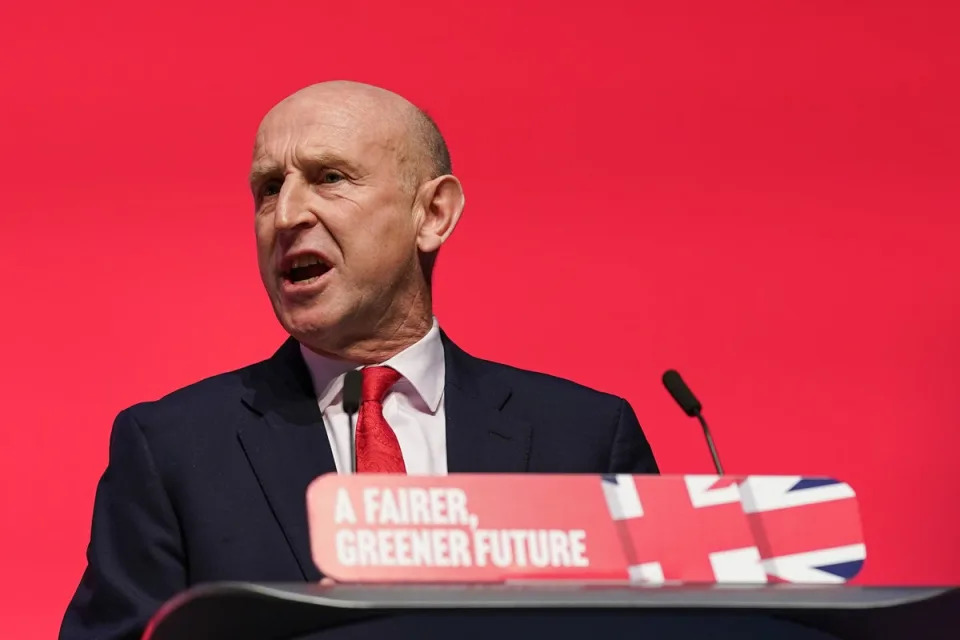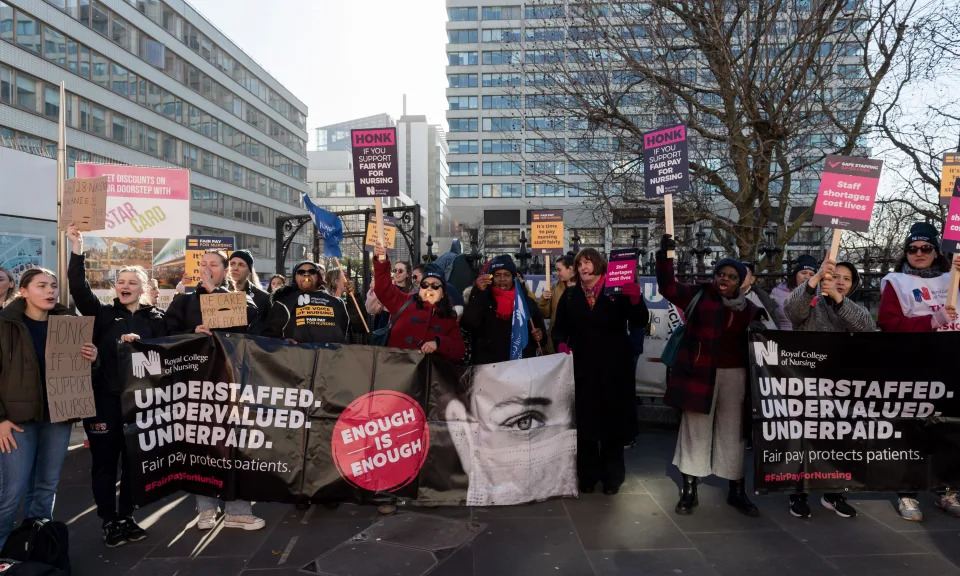Ian Thomson,
The Conversation
The science is clear: greenhouse gas (GHG) emissions must peak before 2025 to prevent planetary warming exceeding 1.5℃. The solution is simple: stop doing and investing in things that emit GHGs and instead protect the natural systems that remove them from the atmosphere.
Disclosure of a company’s emissions should then let consumers and investors make informed decisions. But businesses are rarely required to disclose all of the emissions generated in their full “lifecycle”.
For example, the UK’s Cumbria coal mine, which was approved in December, will produce 2.8 million tonnes of coking coal each year for the steelmaking industry without accounting for the emissions produced when this coal is burned. These emissions instead represent the responsibility of the steel industry.
The Cumbria coal mine has made no claims regarding net zero. But other fossil fuel companies have used this reporting ambiguity to claim they are on target to becoming net zero despite the use of their products being responsible for almost three-quarters of global GHG emissions. Consumers or investors will then probably make decisions that result in emissions being generated at unsustainable levels. Since joining the United Nations (UN) Net Zero Banking Alliance, 56 banks have provided US$270 billion (£221 billion) worth of finance to fossil fuel companies.
But the actions of the UK government and several large businesses offer promise. The government now requires firms competing for major government contracts to report their full lifecycle emissions.
Read more: Exxon scientists accurately forecast climate change back in the 1970s – what if we had listened to them and acted then?
Understanding this absurdity
An organisation’s climate impact can be made immediately clear by separating their GHG emissions into four groups or scopes.
Scope 1 refers to GHG emissions generated directly by business activities up to point of sale. Scope 2 refers to the emissions related to the generation of the energy purchased by a business. The emissions generated in the production and delivery of a business’s resources are called scope 3 upstream, and scope 3 downstream accounts for all emissions after a product or service has been sold.
Current guidance only requires a business, like the operator of the Cumbrian coke mine, to report their scope 1 and 2 emissions. Yet a report conducted in 2020 by global management consultant McKinsey found that these emissions only account for between 14% and 25% of the coal sector’s total emissions. The majority of the GHG emissions associated with coal mining are therefore not disclosed.

The majority of the emissions associated with a coal mine are not disclosed.
Calculating scope 3 emissions
But these emissions are essential for determining the carbon footprint of an organisation and are relatively straight forward to calculate.
The UN has published a standard called the Greenhouse Gas Protocol that details how to calculate scope 3 emissions. And most of the goods, services, materials and equipment used by businesses have readily available GHG conversion factors.
These factors allow us to convert activities like driving into their associated GHG emissions. The GHG conversion factor for driving the average car for a kilometre is 0.171 kg of CO₂e. By driving a car 100 km, we would emit 171 kg of CO₂e.
In the case of burning coking coal, we can rely on the laws of physics and chemistry. Burning coal involves a combustion process where the carbon in the coal reacts with oxygen to produce CO₂. Using the government’s GHG conversion factors, we know that burning a tonne of coking coal produces 3.14 tonnes of CO₂, regardless of what you use it for or where it is used.
By multiplying this conversion factor by the total amount of coking coal extracted from the Cumbria plant (2.8 million tonnes), we obtain a reliable measure of the emissions generated by burning the plant’s coal – 8.8 million tonnes of CO₂. Roughly the same amount of emissions would be produced by driving a car 1.3 million times around the Earth. These are scope 3 emissions that are largely ignored when determining whether a coal mine is net zero.
Applying this in practise
Companies are best placed to estimate the future GHG emissions that arise from the use of their products. Car manufacturers, for example, have the data necessary to predict the future emissions generated by their vehicles. They know the expected lifetime mileage of their models sold and the fuel type that their vehicles use.
Some organisations already calculate their scope 3 emissions and provide this information willingly. Microsoft have a tool that measures the GHG emissions of your cloud software that runs off the internet usage and estimates the emissions avoided by using the cloud. And global chemical producer BASF publish publicly available information on the GHG emissions associated with their products along their full lifecycle.
This should allow consumers and investors to make more informed decisions.
The future emissions of other activities, such as land use change, are more difficult to measure. Yet from 2010 to 2019, deforestation is estimated to have caused between 5.9 and 9.5% of total GHG emissions. Initiatives like the UN Land Sector and Removals Guidance, which is set for publication in 2023, will produce GHG conversion factors for land use change and will enable a more accurate evaluation of the climate impact of these activities.
At the latest UN climate change summit (COP27), Secretary-General António Guterres criticised the current criteria for net zero commitments for having loopholes wide enough to “drive a diesel truck through”. Measuring scope 3 emissions is crucial to accurately assess how far an organisation is progressing towards net zero. To prevent climate breakdown, more businesses must be required to disclose what many of them already know.
This article is republished from The Conversation under a Creative Commons license. Read the original article.

Ian Thomson receives funding from Research England and G17Eco for projects related to climate accounting and finance as part of University of Birmingham's Centre for Responsible Business. He is affiliated with the Centre for Social and Environmental Accounting Research, an academic network focussing on sustainability related accountability and a member of the West Midlands Leadership Board of Business in the Community.
